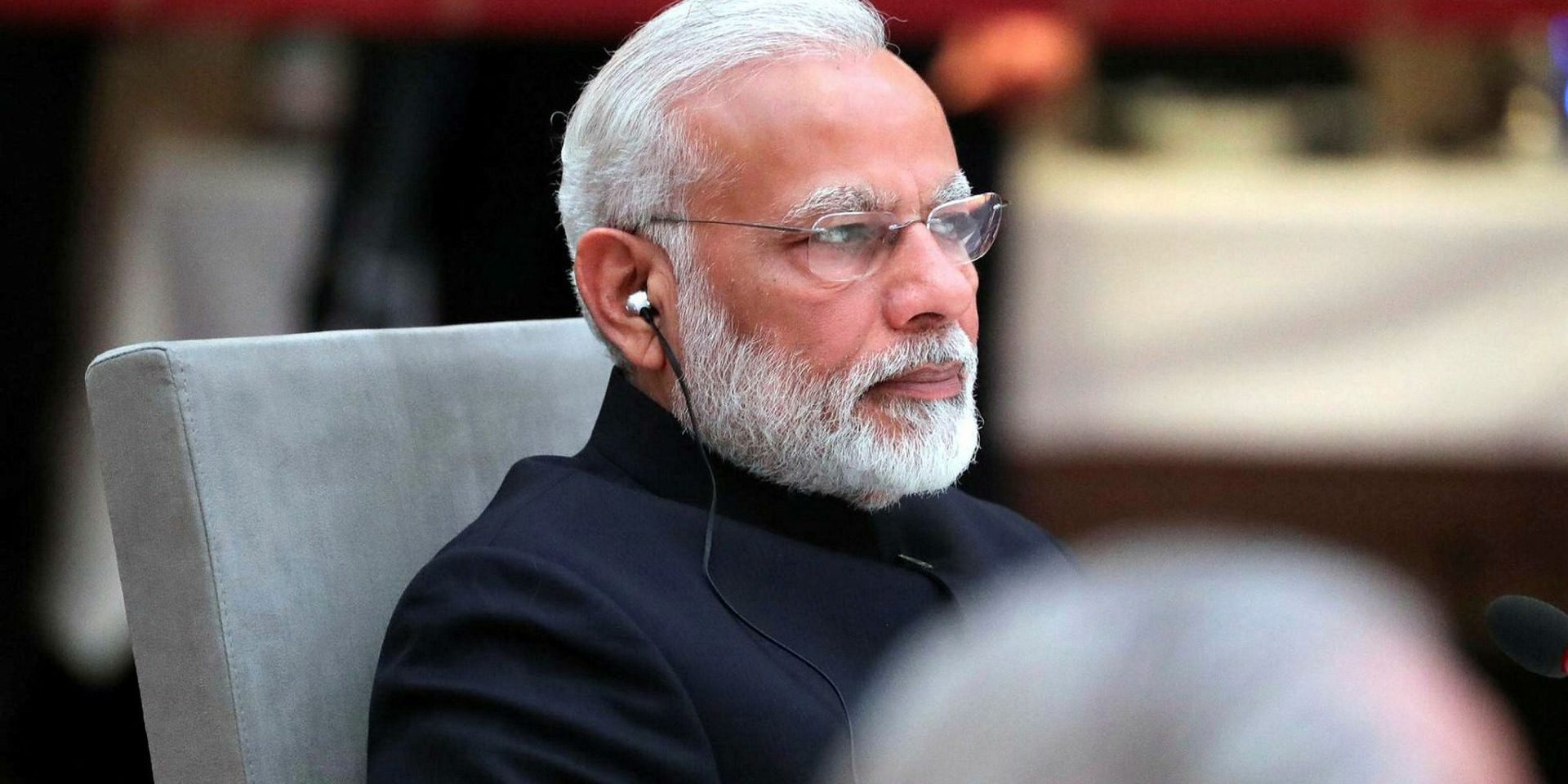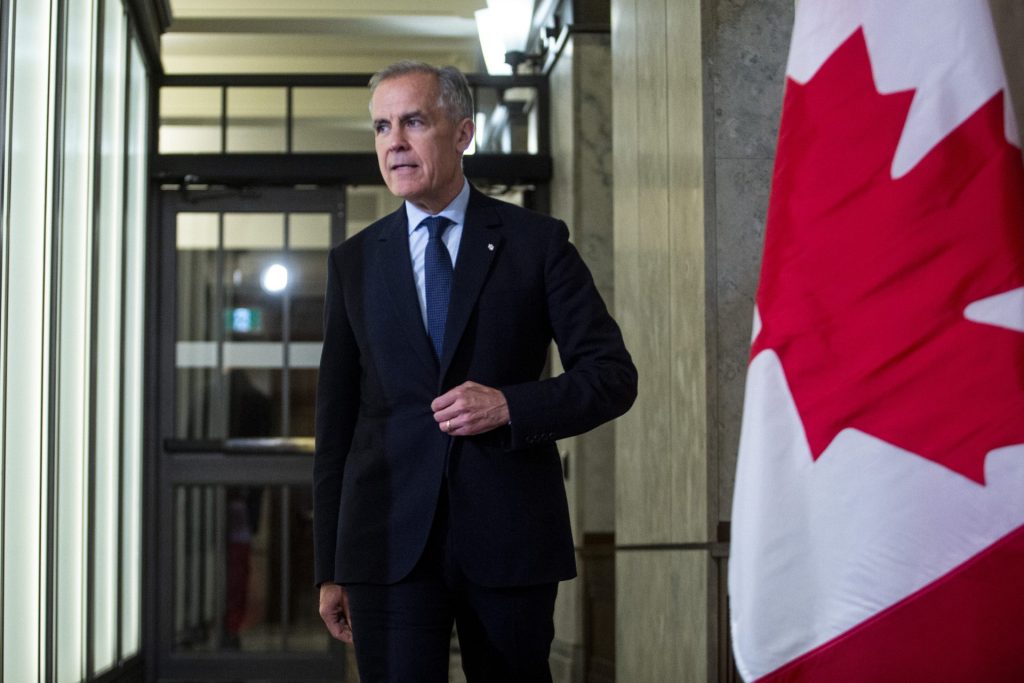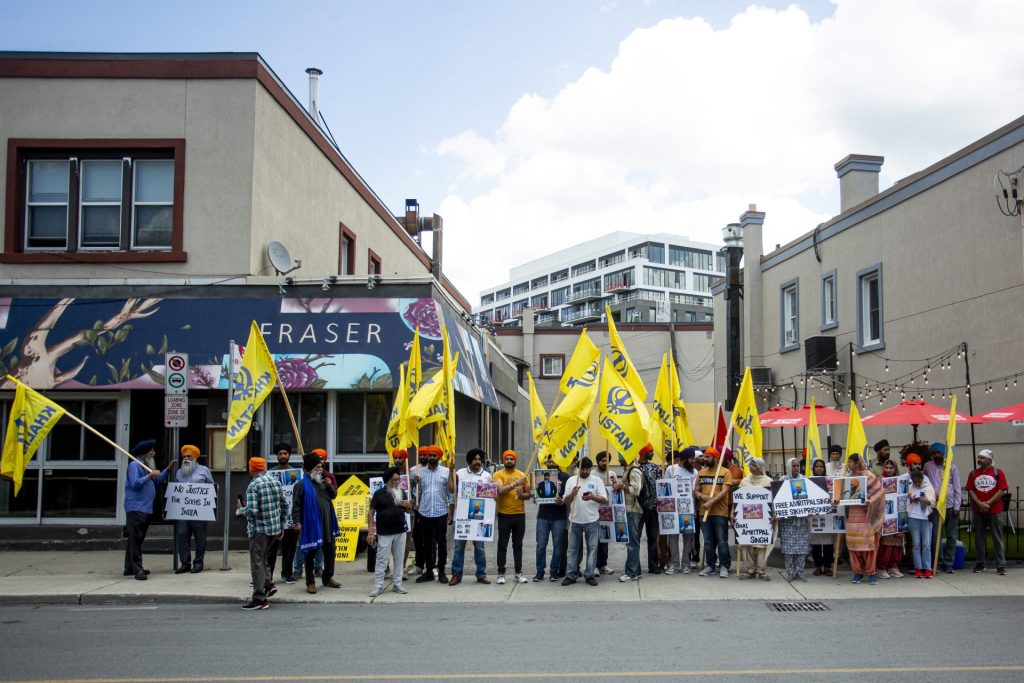The high price of a handshake: Carney’s G7 Modi invite

OTTAWA—Prime Minister Mark Carney’s rise has been a study in principled restraint—a technocrat who brought calm to markets and credibility to institutions. But his decision to invite Indian Prime Minister Narendra Modi to the G7 summit signals an unsettling turn.
It is not just a diplomatic miscalculation. It is the clearest sign yet of philosophical descent: from a steady steward to a slick political operator, where spreadsheets have given way to statecraft, and where moral ambiguity—not monetary stability—is the currency of power.
What should have been a chance to reaffirm Canadian sovereignty—after charges linking Indian agents to the June 2023 assassination of Hardeep Singh Nijjar, a Canadian citizen, on Canadian soil—has become a cautionary tale. Carney’s invitation is historic in the way political duplicities often are: low-key, deliberate, and draped in the language of pragmatic necessity.
This is a moment when the platitudes of liberal democracy—so readily deployed by Canadian leaders over the last decade—have met the blunt force of economic self-interest. Let’s not forget Carney’s Liberal predecessor Justin Trudeau put the on record in the House of Commons in September 2023 that Canada had “credible evidence” agents of the Indian government were involved in the Nijjar’s death. To say Carney is compromising is perhaps too gentle. He is close to capitulating. And the figure at the centre of this ethical compromise—Modi—should give Canadians pause, if not alarm.
Modi is not just another world leader with a “complicated” human rights record. He is the architect of a carefully managed authoritarianism who wears the mask of electoral legitimacy while muzzling dissent, stoking religious nationalism, and mocking the rule of law. Journalists rot in prisons. Protestors disappear. Once the world’s most ambitious democracy, Modi’s India now functions under siege. And still, Carney invites him.
This isn’t diplomacy. It’s a message—sent not only to the Indian government, but to Canadians and the world—that power protects itself, that economics trumps justice, and that Canada’s obligation to the safety of its citizens is—when push comes to shove—conditional.

One could argue this is how power operates. The world is messy. Grown-up politics demands difficult choices. Trade diversification is an imperative as American protectionism hardens under Trump-era tariffs, and India—the world’s fourth-largest economy—must be engaged. But this is a tired refrain used to launder moral compromise in the currency of economic necessity.
There is something sadly Shakespearean about it. Carney, the principled banker turned global statesman, caught in a web of calculation and consequence—perhaps discovering too late that governance is not a morality play, but a ledger of unpaid debts and transactional alliances.
He watches as the scaffolding of liberal democracy—accountability, dissent, the rule of law—buckles beneath the weight of realpolitik. If Canada cannot draw a line at political assassination on its own soil, where will we draw one? When justice is weighed against trade metrics and sovereignty exchanged for summit optics, what remains of our national project?
Rapprochement with India is not, in itself, a mistake. India’s strategic importance—as a key player in global supply chains, tech flows, and a place for Canadian capital investments—is undeniable. A defensible approach would have involved a gradual re-engagement, contingent on transparency and demonstrable respect for this country’s sovereignty.

Instead of a high-profile G7 invitation, Carney could have pursued quiet diplomacy behind closed doors, restoring trust while pressing for full co-operation in the Nijjar investigation. Any progress on trade or dialogue could have been publicly tied to evidence of India’s respect for Canadian legal processes and constitutional rights: free speech and non-violent protest.
It would have signaled that our hand is extended—but not unconditionally. It would have reaffirmed that we do not view diplomacy as a marketplace where human rights, rule of law, and justice are traded for access and economic growth. By asserting this—through parliamentary statements, diplomatic channels, and international forums—Carney could have preserved our credibility while leaving room for a disciplined approach to reconciliation with India.
That is how principled foreign policy works: it keeps the door open, but only if the other party walks through it with respect. By bypassing that path, Carney has chosen speed over substance—and in doing so, may have compromised more than he gained.
Yet, Carney’s story is still being written. He can still pivot from the cold calculus of invitation politics to more ethical diplomacy. Establishing relations with India could have unfolded with dignity, instead of a hurried gesture. But if he has the courage to reflect—genuinely, and perhaps publicly—and re-anchor Canadian foreign policy in the principles he once claimed to represent, then this misstep need not define him.
The world is watching. So are Canadians. The question isn’t whether we engage with India—but whether we remember who we are when we do.
Bhagwant Sandhu is a retired director general from the federal public service. He has also held executive positions with the governments of Ontario and British Columbia.
The Hill Times






 LICENSING
LICENSING PODCAST
PODCAST ALERTS
ALERTS


